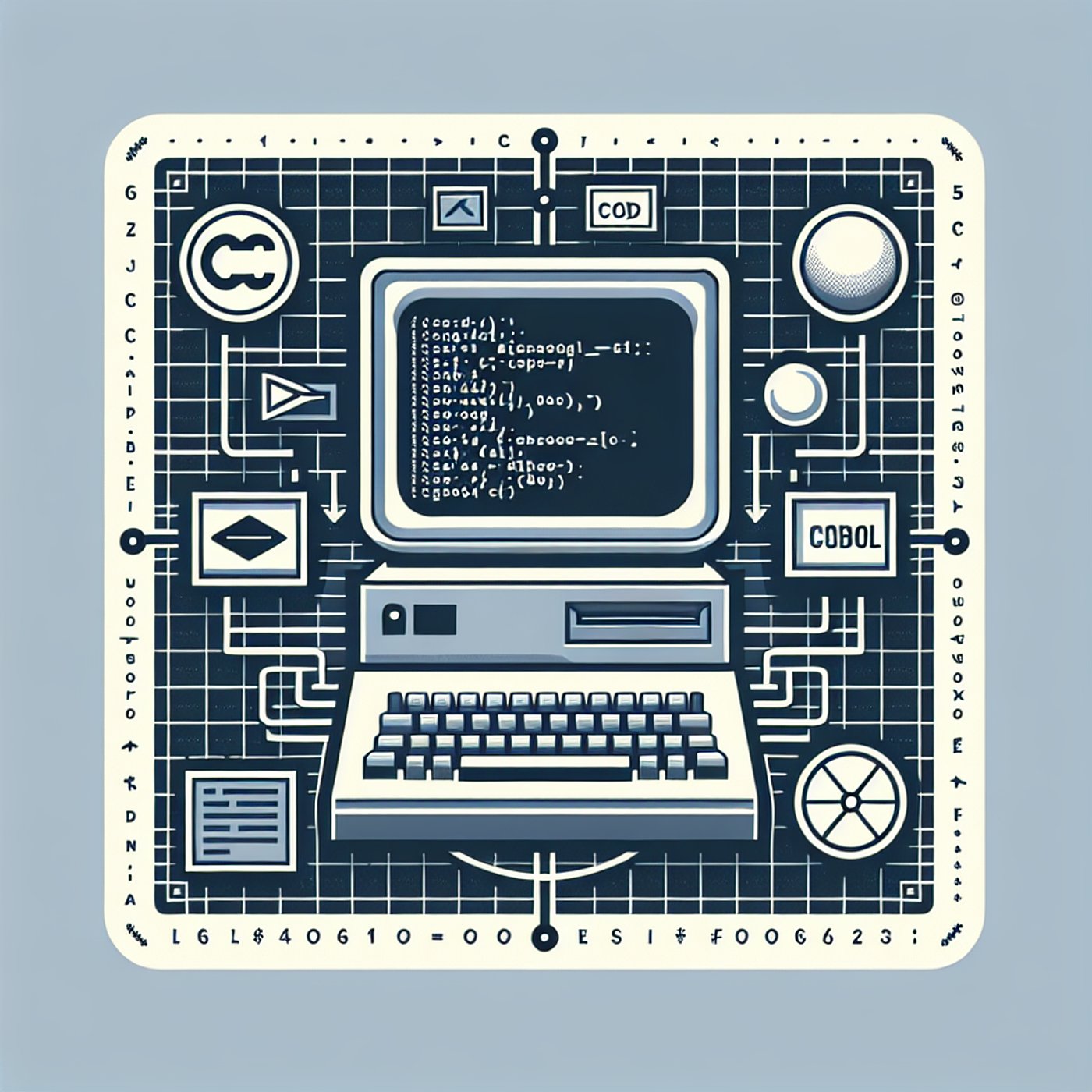
Reviving the Legacy of 'Mostly Dead' Programming Languages
Description
In this episode of Tech Talk, we delve into the intriguing history of programming languages that are considered 'mostly dead.' While modern languages like Go and Python dominate the spotlight, older languages like ALGOL, COBOL, and Pascal have played pivotal roles in shaping the programming landscape. Our expert discusses how these languages, despite being less commonly used today, have laid the groundwork for many concepts that we still rely on. We explore the significance of legacy languages, the process of identifying their influence, and how their innovations continue to impact modern software development. Join us for a journey through time that highlights the importance of understanding the roots of programming to appreciate its evolution.
Show Notes
## Key Takeaways
1. Older programming languages may be considered 'mostly dead' but are crucial for understanding modern development.
2. Legacy languages like COBOL and ALGOL introduced fundamental concepts that still influence current programming.
3. The process of determining a language's influence involves examining citations and lineage in newer languages.
## Topics Discussed
- The significance of 'mostly dead' programming languages
- Examples of influential languages such as COBOL and Smalltalk
- The relationship between older languages and modern programming trends
Topics
Transcript
Host
Welcome to another episode of Tech Talk! Today, we’re diving into the fascinating world of programming languages, specifically those that are considered 'mostly dead' but still hold significant historical importance.
Expert
That’s right! When we think about programming languages, we often focus on the trendy ones that are in the spotlight today, like Go or Python. But there are older languages, like ALGOL and COBOL, that laid the groundwork for modern programming.
Host
Exactly! I recently came across a list that claimed certain languages were the most significant, but it completely overlooked legends like Pascal and Smalltalk because they are considered 'mostly dead.' Why does that matter?
Expert
Great question! The term 'mostly dead' doesn't mean these languages aren't influential. It means they may not be used for new projects anymore but have shaped the landscape of programming through their innovations.
Host
So, it's more about their impact than their current usage?
Expert
Absolutely! For example, COBOL, which originated in 1960, was essentially created to unify business computing languages. It introduced the concept of record data, allowing more complex data structures than were previously possible.
Host
COBOL is often a punchline in tech circles today, right? People joke about it being outdated.
Expert
Yes, and while it is seen as outdated, it still runs many of our legacy systems. Its significance is often overlooked because, without it, many of the structured data handling we use today simply wouldn't exist.
Host
That's fascinating! So, what’s the process of determining a language's influence?
Expert
Influence can be detected through citations. If a newer language references an older language in its documentation or design papers, that establishes a lineage of influence. It's like connecting the dots through history.
Host
I love that analogy! Can you give us an example of this?
Expert
Sure! Take Ruby, for instance. It shares syntax with Smalltalk, specifically in how it filters lists using a 'select' method. While we can't say definitively that Ruby copied Smalltalk, the similarities suggest a relationship, prompting further investigation.
Host
That’s so interesting! It makes me want to learn more about the history of programming languages.
Expert
And that’s the beauty of studying these so-called 'mostly dead' languages. They provide key insights into the evolution of software development and how we arrived at where we are today.
Host
Thanks for sharing your insights! It’s clear that understanding these older languages can enhance our appreciation of modern tech.
Expert
Absolutely! Don’t forget, history is full of influences that shape innovation.
Host
Thanks for tuning in, everyone. Until next time, keep exploring the fascinating world of technology!
Create Your Own Podcast Library
Sign up to save articles and build your personalized podcast feed.